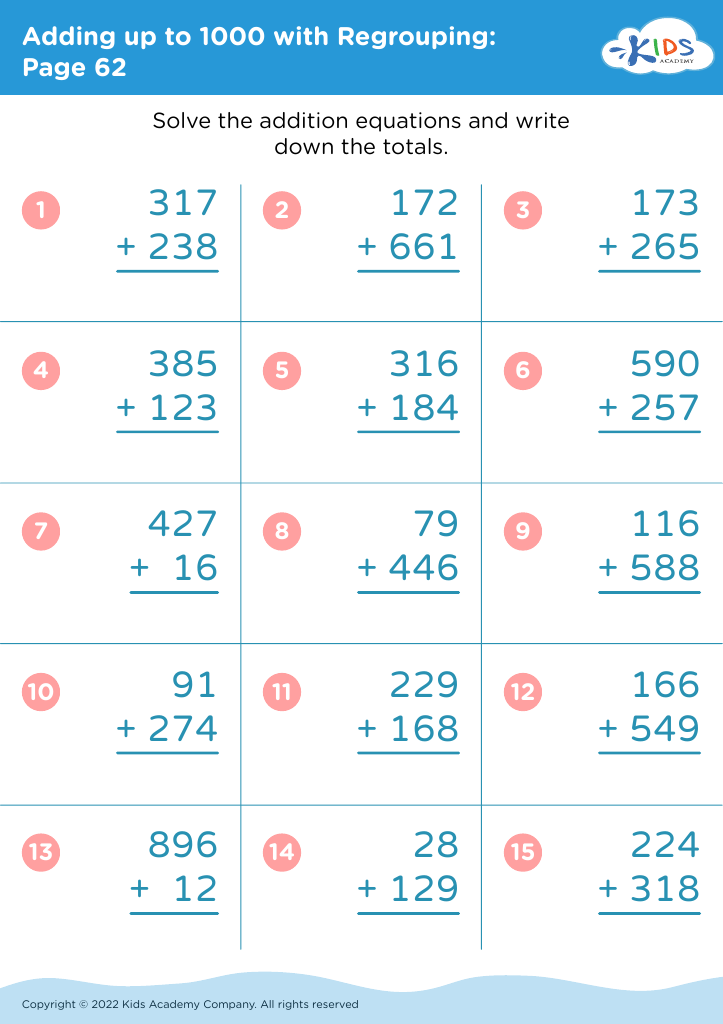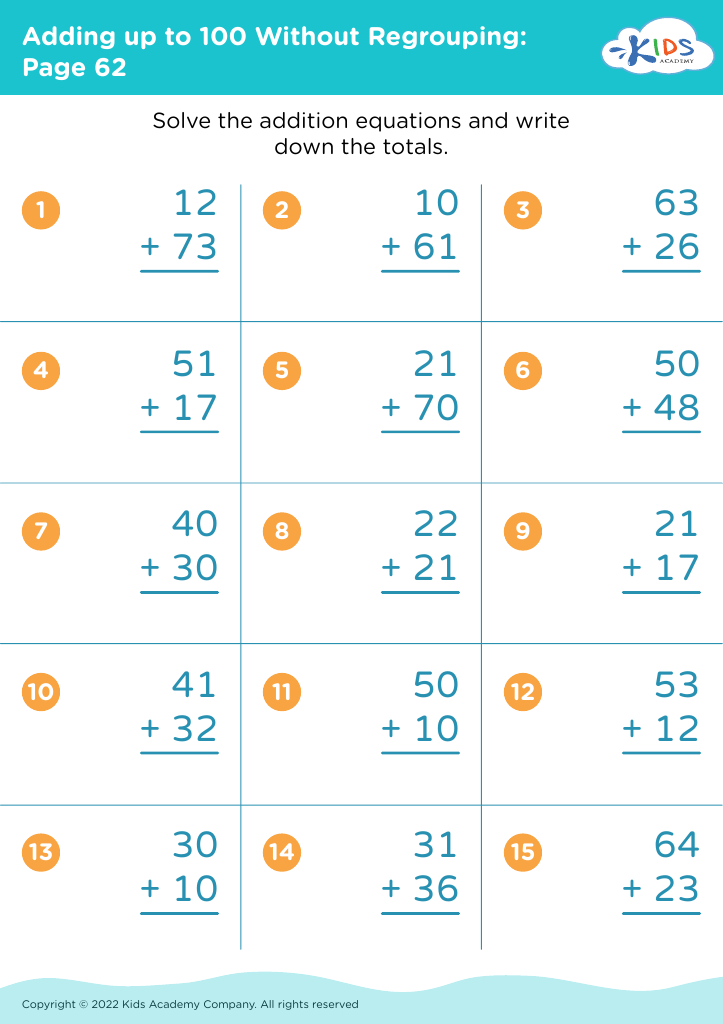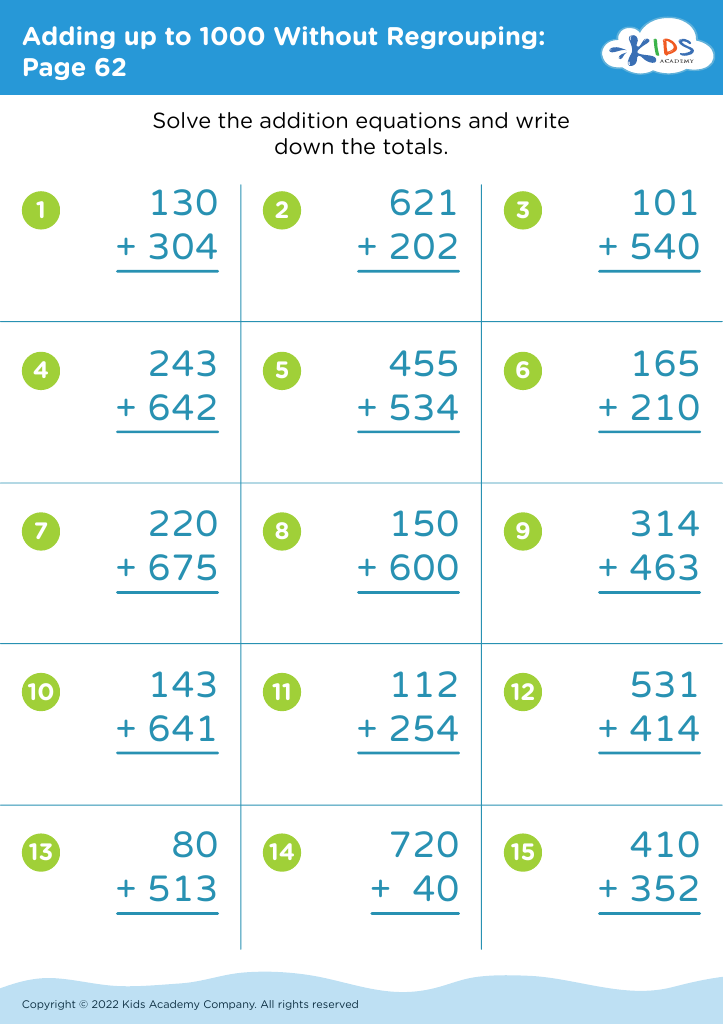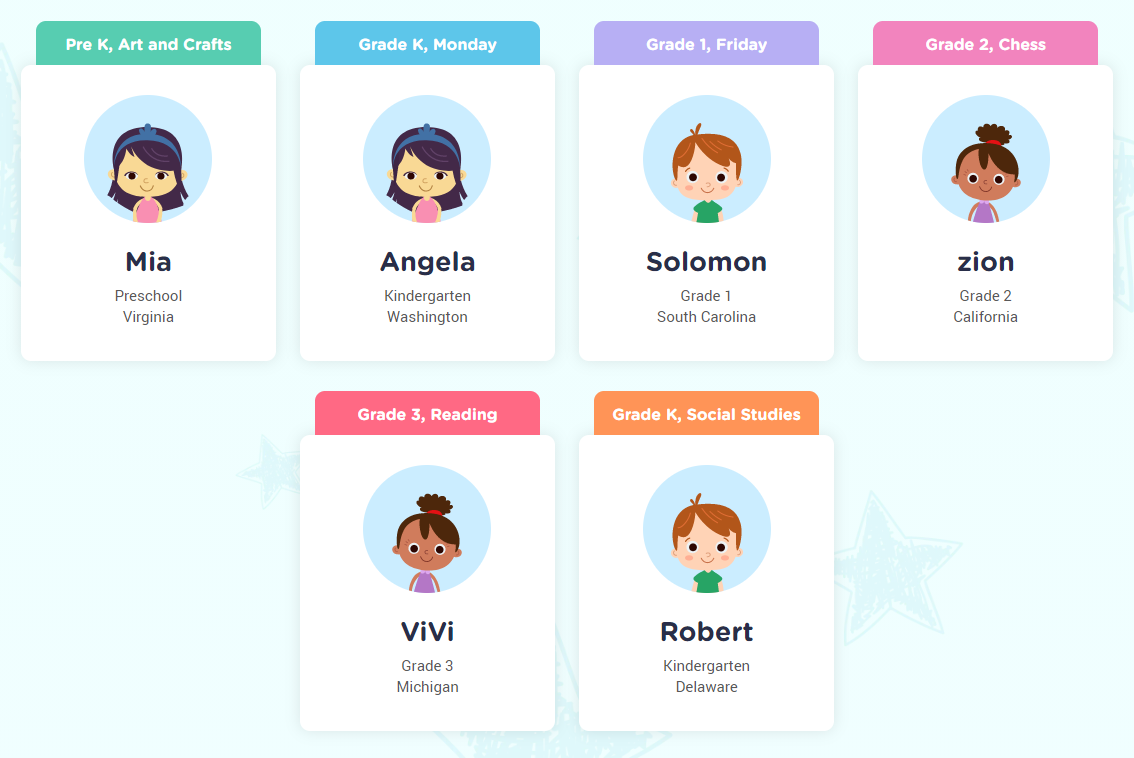Identifying fractions Math Worksheets for Ages 4-7
4 filtered results
-
From - To
Discover identifying fractions with our engaging math worksheets designed for ages 4-7. Our printable resources simplify the concept of fractions through fun visuals and interactive exercises. Perfect for early learners, these worksheets foster foundational skills in recognizing and understanding fractions such as halves, thirds, and quarters. Each activity combines vibrant illustrations with hands-on tasks to make learning fractions enjoyable and effective. Whether used at home or in the classroom, our identifying fractions worksheets provide a solid mathematical base, ensuring children build confidence and excel in their early math journey. Start exploring fractions today!
Identifying fractions at an early age, from 4 to 7 years old, is crucial for several reasons that directly impact a child's academic and cognitive development. First, foundational math skills, such as understanding fractions, are the building blocks for more complex mathematical concepts. Early familiarity with fractions helps children to grasp decimal concepts, percentages, ratios, and even algebra, thereby easing their future learning journey.
Second, learning about fractions fosters critical thinking and problem-solving abilities. Fractions require children to engage with concepts of division, proportion, and part-whole relationships, enhancing their analytical skills.
Furthermore, an early introduction to fractions can cultivate a positive attitude towards math. By making learning engaging and accessible, we reduce math anxiety and build confidence. Research indicates that children who demonstrate early competency in math are more likely to succeed academically later on.
Lastly, fractions have practical applications in everyday life. Understanding fractions helps children make sense of situations like dividing a cake or sharing toys, thus making the concept both relevant and meaningful. Instilling this knowledge at an early age arms children with useful life skills, contributing to their overall development.
Therefore, parents and teachers should prioritize teaching fractions to young children to foster a solid mathematical foundation, enhance cognitive skills, and promote both academic and practical competency.





















